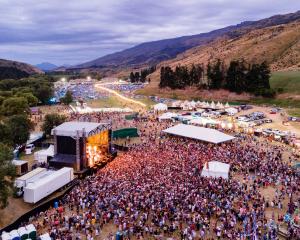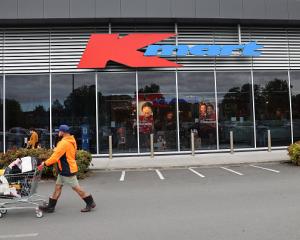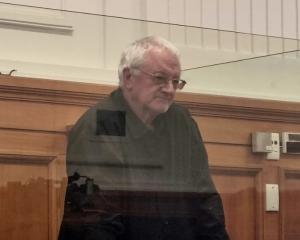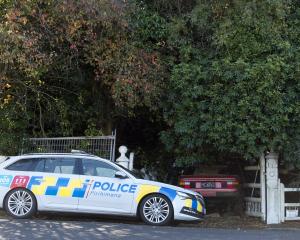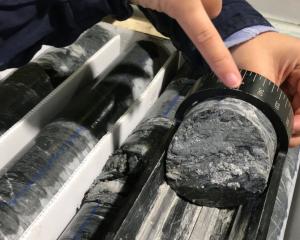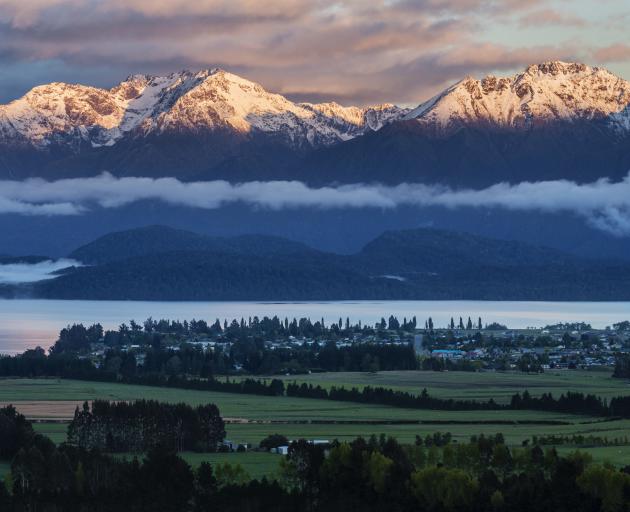
When New Zealand "springs forward" into daylight saving this weekend, Te Anau will never go back.
The picturesque Fiordland lakeside town - population 2760 – is shifting to "Te Anau Time".
They say it will give visitors - many coming from tourist mecca Queenstown, just 170km up the road – an extra hour to see their dazzling sights like the glow-worm caves and spectacular Milford and Doubtful sounds.
"The concept of it could be quite interesting, couldn't it?" says Nathan Benfell of the Fiordland Business Association.
The town, like many across the country, especially those with high-reliance on the tourist dollar, has done it tough through the Covid-19 global pandemic.
Local businesses hope the time swing will give them a boost.
If people were weighing up where to spend summer holidays, say between Whitianga and Fiordland, the extra hour of daylight could swing them in the southern favour, Benfell reckons.
"You could be doing a jetboat until 8.30pm, or take a helicopter and fly up to some of the peaks ... and it'll still be daylight," he says.
"There's plenty to see and do and we haven't been getting the numbers that we really need for our township to be sustainable long term so they're thinking well and truly out of the square to see what can work."
Russell Alexander, boss of Matamata-based tourist attraction Hobbiton, told Mike Hosking Breakfast that Te Anau's move is a gimmick, but he likes it as a way of convincing people to spend more time there.
New Zealand first introduced daylight saving time in 1927 but the modern era began in 1974/75 when a trial shunted time forward an hour.
The rationale for changing the time over the summer months is so early morning sunlight hours are not wasted and the evenings are longer and more useful.
But it's often been a bugbear for many early-rising dairy farmers and in 1984 the small Northland farming town of Ararua went the other way and refused to adopt daylight saving.
A 2008 survey found that 82 per cent of Kiwis now approved of daylight savings.
Several countries around the world, especially near the Equator, don't fall back or jump ahead.
And just what permanent summer-time might look like in Te Anau come the winter months, Benfell says "time will tell".






